I have searched for a while on this and have not found a good answer for it. (I am currently talking with GHS Support about this but wanted to post here to see if anyone had any experience with this. I will post an update after talking more with GHS.)
I am developing an embedded application using the Green Hills Software MULTI IDE and compiler. This is a C++ project. I am trying to port an existing .gpj project for use in Eclipse so I can take advantage of the development tools in Eclipse CDT. Has anyone had any experience doing this and could provide tips on it?
I of course want to develop in Eclipse and still compile with the GHS compiler with all of the options in my current .gpj file. Currently I have just had both applications open and have been developing the source in a separate Eclipse project and then compiling in the MULTI project manager with my current .gpj project.
This is discussed briefly here but no solutions are provided: https://www.eclipse.org/forums/index.php/t/210115/
EDIT: I am open to any suggestions for using modern editors in the MULTI Project Manager (it doesn't have to be the Eclipse CDT). The main development tools needed are autocomplete of existing variables and going to the definition of classes and variables.
